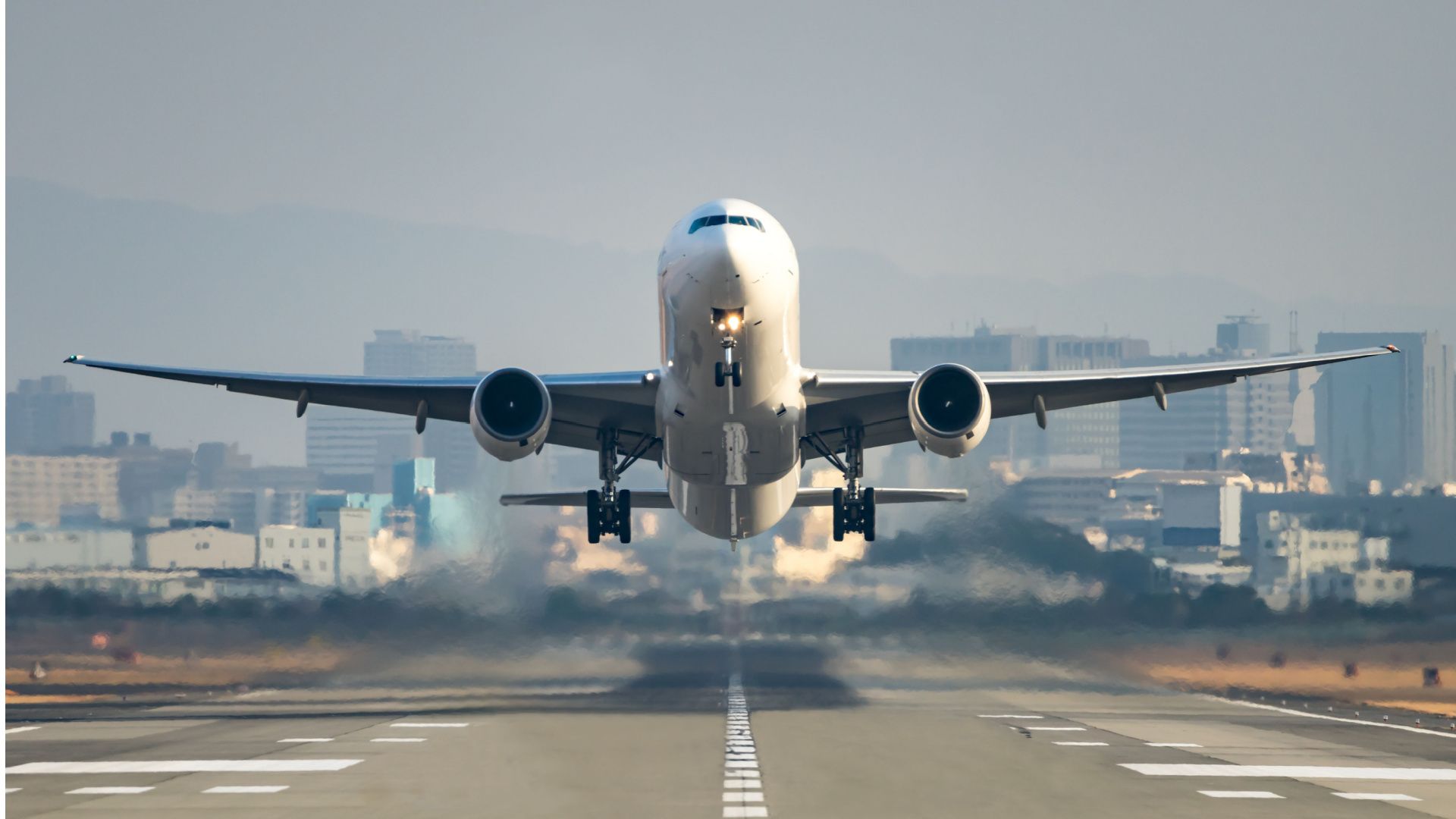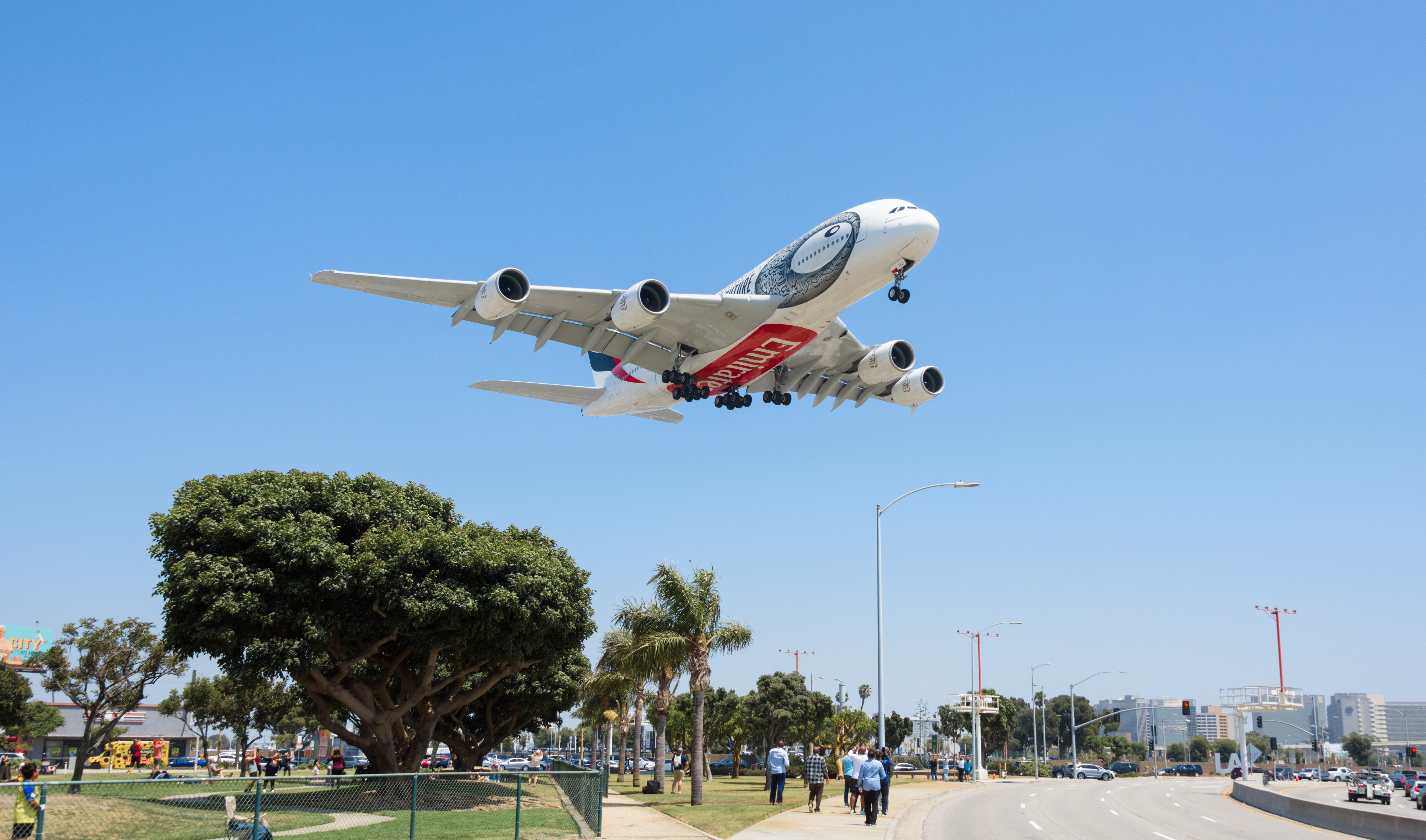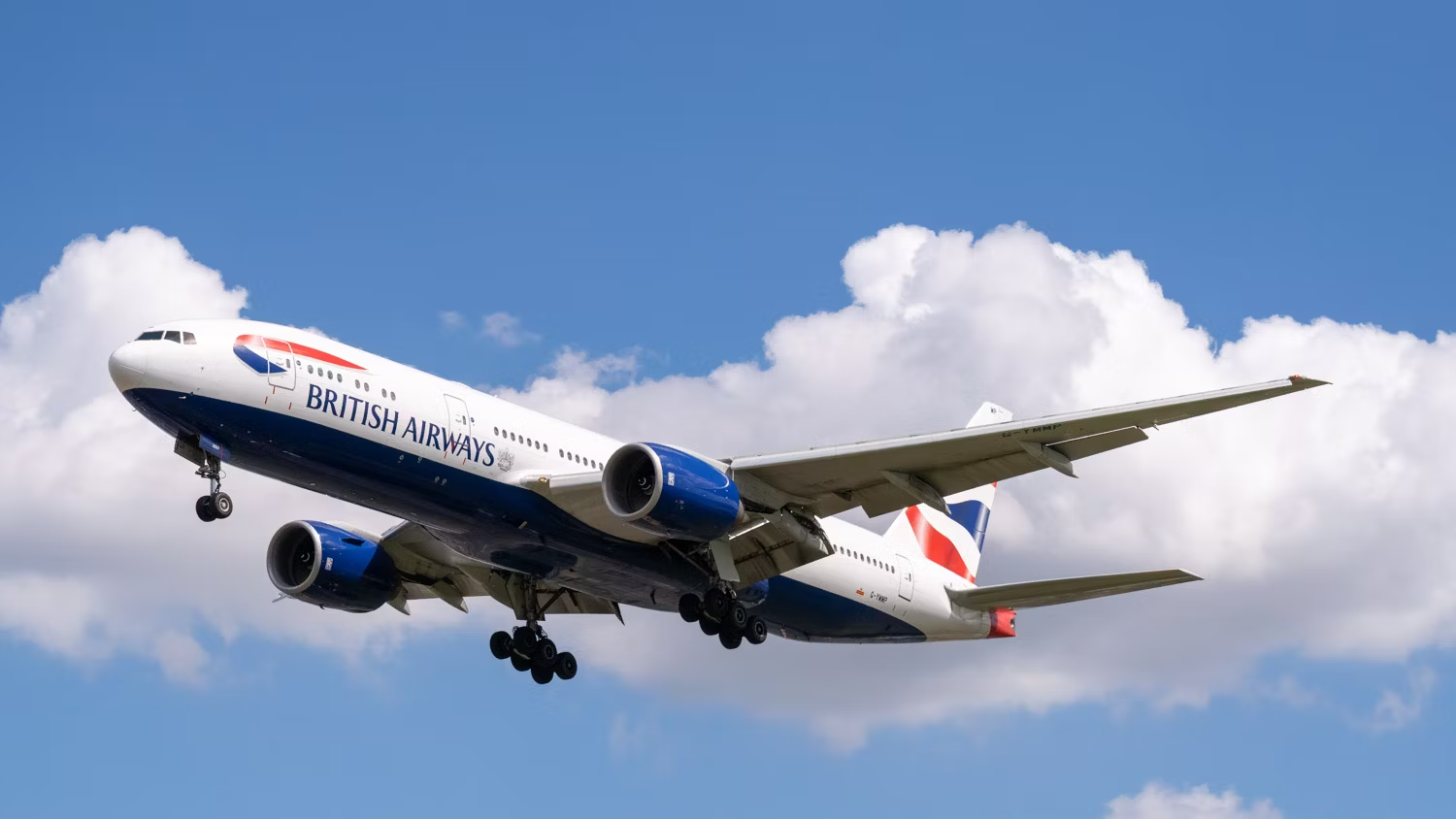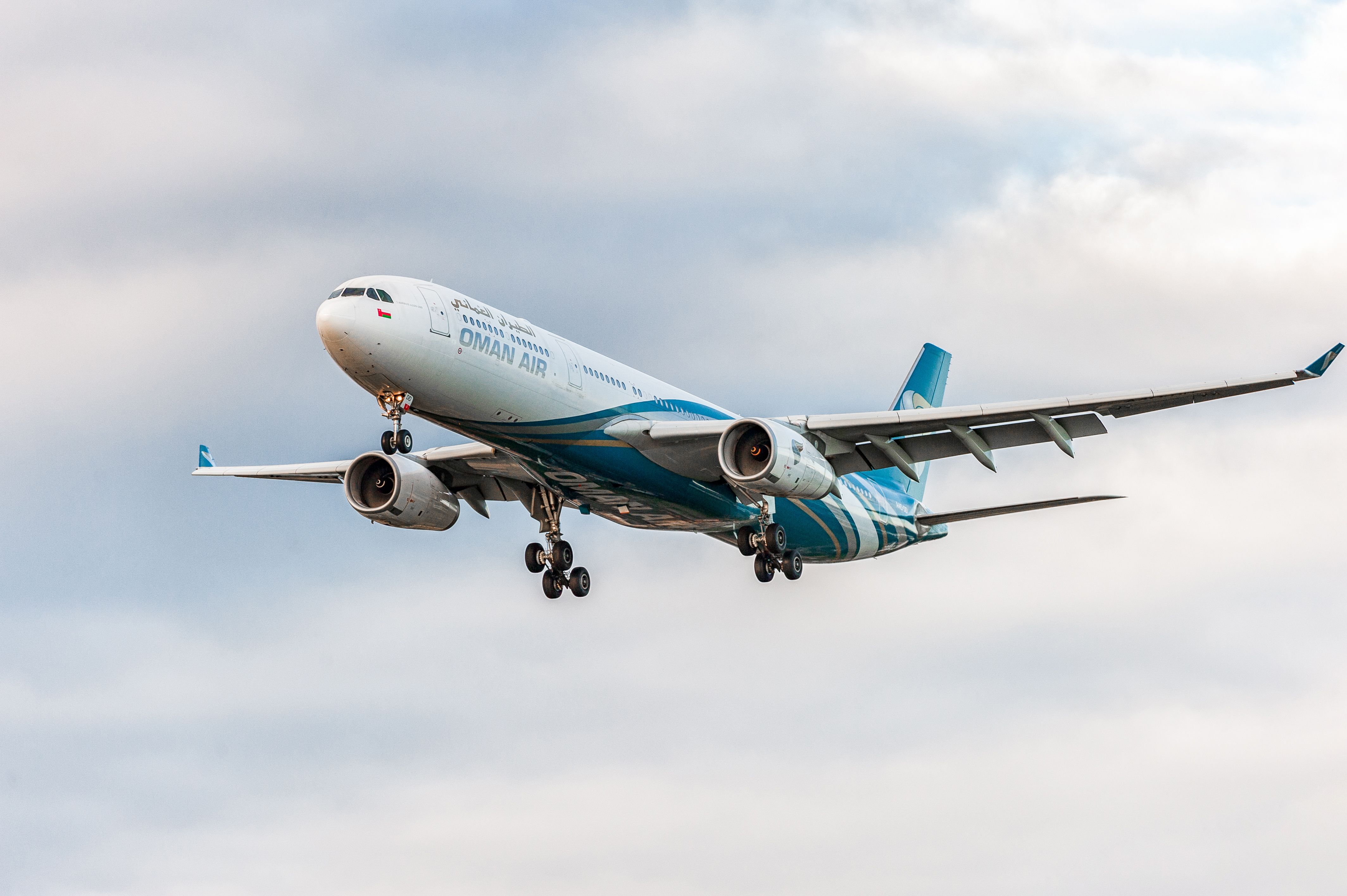Airport slots often make the news for their multi-million dollar sale prices at congested airports. But what is a 'slot,' who decides when an airline can fly into a facility, and why can they be so valuable? Let's take a look.
An airport slot, landing slot, or takeoff slot can be described as permission granted to a specific airline by the operator of the airport. This critical period guarantees the airline in question the permission to take off and land at the airport during a specified time. Landing slots at airports may be administrated by the airport through a body like the Airport Coordination Limited (ACL), or by a government air traffic regulator such as the Federal Aviation Administration (FAA) in the US.
The IATA governs landing slots
All landing slots worldwide are administered by the Geneva-based International Air Transport Association (IATA) Worldwide Airport Slots Group (WASG). All the world airports fall into the following three categories:
- Level 1 non-coordinated airport
- Level 2 schedule facilitated airport
- Level 3 coordinated airport
At level two airports, the rules regulating slots are less stringent, allowing airlines to submit schedules to the airport operator or governing body periodically. Rather than using an airline's history of flight's landing and taking off from said airport sticking to a strict schedule helps but is not mandatory. Having said that, airlines that do not have a set timetable can be penalized if the airport is later upgraded to level three status.
Currently, there are over 160 Level 2 airports, which include names like Bangalore, Jakarta, Dubrovnik, Cologne, Budapest, Chicago O'Hare, Los Angeles, San Fransico, and many others. With over 200 facilities globally, Level 3 airports include the usual suspects like London Heathrow, New York JFK (the only American airport on the list), Toronto Pearson, Beijing Capital, Tokyo Narita, Jeddah, Cape Town, Delhi, and many more.
As you can tell, it's not the size of the airport but the capacity that governs the level assigned. While Los Angeles handled nearly 500,000 flights in 2022 its size meant it could handle scheduling easily. However, Phuket Airport is smaller but sees far more demand for carriers around the globe, requiring stricter coordination.
Read more about the process of assigning slots here!
Some landing slots sell for millions
Landing slots at some of the world's busiest airports can command extortionate prices. Airlines have the right to trade or sell slots at several major airports, giving them the chance to expand in their target markets. There's no better example than London Heathrow which has been home to several eight-digit slot transactions before the pandemic.
Airlines want slots for two simple reasons: passenger convenience and traffic. The first will be to get business travelers into an airport as early as possible, maximizing revenues by dominating the early hours. The second is to maximize connections over the entry hub to ensure planes are traveling full by departing during peak bank hours.
With London Heathrow Airport (LHR) being so congested and popular, prices of primetime landing slots trade hands for millions of dollars. There is no formula or set value for coveted Heathrow slots, and most airlines never report how much they paid for a slot or how much they may have sold a slot for.
Get the latest aviation news straight to your inbox: Sign up for our newsletters today.
Between 2001 and 2012, Forbes notes that 200 trades involving 2,300 weekly slots were made. Typically early morning arrival slots have the most value and then lessen in price as the day moves on. In 2012, Heathrow Airport estimated that early morning landing slots were worth £15 million ($18.8mn) while lunchtime and early afternoon slots were worth £10 million ($12.5mn).
Of course, if slots are handed back to the slot coordinators, they are allocated to airlines at no cost to themselves. The allocation will be based on the slot requests made for that season, with a preference given to new entrants or those airlines that are offering unserved routes.
Oman Air's $75 million purchase
As you can guess, airlines rarely hand slots back to coordinators and protect their slots with their lives. However, if an airline chooses an exit a market or permanently reduce capacity, a huge sale opportunity opens up. When Air New Zealand ended services to LHR in 2020, it sold some of its slots to another carrier for $27 million.
However, this was nowhere near the $75 million that Oman Air forked over for a pair of morning Heathrow slots in 2016. Air France-KLM, which is sitting on plenty of capacity to the airport, parted ways with two for a neat profit. For the Omani flag carrier, this was a huge opportunity to serve its biggest destination and continue its rapid expansion.
Prices have understandably fallen due to the pandemic and we haven't heard of huge slot deals recently. During the pandemic, slot authorities also issued waivers to the 80/20 use-it-or-lose-it rules, meaning airlines didn't have to fly at full capacity. This also opened the door for operators like Vistara to start and expand operations, which it maintains to this day.
Do you think that airport operators are right to charge vast sums for landing slots, or do you think there should be a different way of allocating them? Please tell us what you think in the comments section.
Source: Forbes




